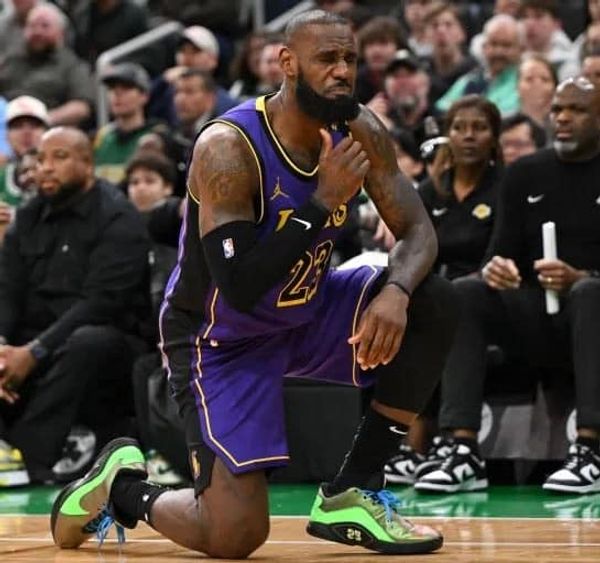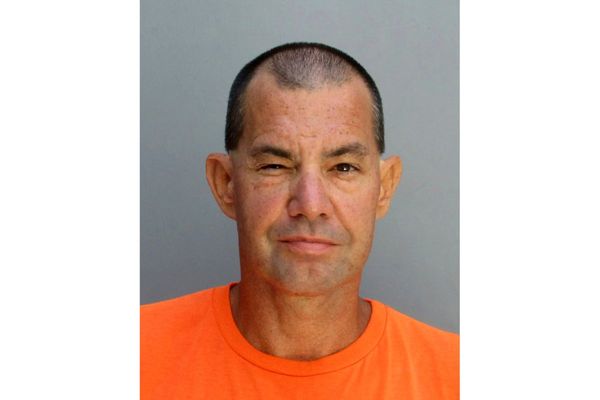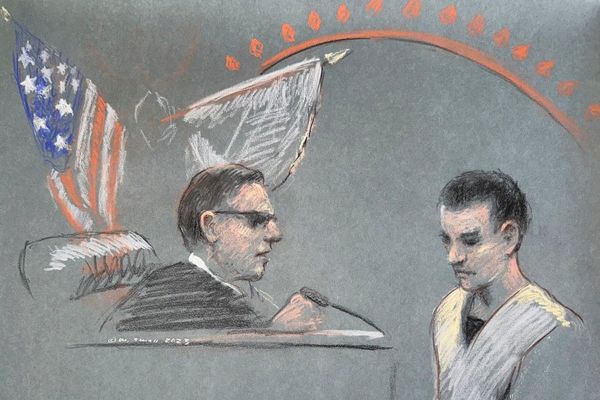
“Don’t you sit in our chair.” It was just a moment in the middle of the madness, another picture of a wild, epic night with all its drama and its silliness too, but David Alaba had summed it up somehow. As the Santiago Bernabéu lost its collective mind on Wednesday and Karim Benzema slipped to his knees, fists clenched, the Austrian picked up a white plastic chair and raised it triumphantly to the sky. Iconic and, when he chose to caption it, symbolic too: you don’t just unseat Real Madrid.
“We’re the Kings of Europe!” the banner had declared before the game; by the end of it, they were singing the same line, still there, still unmoved, the state unable to overthrow them, the significance of this meeting made all the more profound by the power battle that divides these clubs. For Paris Saint-Germain, the European Cup has become an obsession that deepens with every year that passes, like this one will, without them winning it. By the time the club were founded, Real Madrid had six of them. Since the Qataris took over, Madrid have won four.
Some things money can’t buy, at least not yet – and not just the trophy. Frustration at that, a feeling of injustice and impotence, was expressed when the PSG owner, Naseer Al-Khelaifi left the directors box to confront the referee after the game, in scenes Monica Marchante, the Spanish TV reporter who witnessed them, described as “frankly unpleasant”.
Real Madrid have 13 European Cups. Theirs is a history, an identity built on the implausible that is partly self-perpetuating. There is something there. “Magic,” their manager, Carlo Ancelotti, called it. “History matters, history plays,” the former Madrid winger Míchel says. “No one knows why but when you pull on that Real Madrid shirt you become a mini Incredible Hulk.”
That poses the question: what is the opposite of a mini Incredible Hulk? Because he was also there. It matters, Míchel says, that opponents know Madrid’s history. Jorge Valdano, a former general manager at Madrid, came up with two concepts that were played out again: stage fright and football as an estado de ánimo, a state of mind, an emotional condition. Gianluigi Donnarumma’s dreadful mistake “totally changed the game, totally changed the atmosphere in the stadium”, Ancelotti said, the Bernabéu suddenly smelling blood and PSG all too aware it was theirs.
Don’t you sit in our chair! pic.twitter.com/lmJAMyM8UD
— David Alaba (@David_Alaba) March 9, 2022
They hadn’t been in it until then, but suddenly Madrid knew and PSG knew. “A club that has 13 European Cups doesn’t win by chance; it’s something deep in their guts,” Mauricio Pochettino said before the game. Now, his PSG team crumpled before his eyes. It is not the first time. Madrid were in their area three times in the three minutes after the first goal. The ball was in play for 12seconds between the second goal and the third. The opening goal had transformed everything.
“We were the better team and it’s so disappointing that the motion of the game changed because of this situation and it’s so difficult because you give Real Madrid the belief and you’re at the Bernabéu,” Pochettino said. “It’s difficult to manage this situation and the team was so affected.”
If it was worth asking why the impact was quite so great, why PSG were so fragile, so incapable of resisting the changing tide, and what that says about them, their coach preferred to focus on how it had happened in the first place. On the moment that promoted the collapse: as far as he was concerned, Benzema had fouled Donnarumma. As far as the keeper was concerned as well. “It’s not an error because it’s a clear foul,” he said. “I have seen the footage 30 or 40 times from all angles. Small details count and the VAR didn’t see a decisive foul.”
Big details count too, broader, almost intangible elements that make these clubs different. This was hard for PSG to accept and their coach didn’t. When BT’s Phil Kitromilides opened his post-match interview with, “Mauricio, it’s hard to explain what happened,” the former Spurs manager shot back, almost trembling: “No, no, it’s not difficult. It’s so clear. To concede the goal we conceded it’s unbelievable. It’s impossible to accept.”

“It’s so unfair to talk about different things because that changed completely the way the game was … complete, complete, changed the motion, changed everything and after we do some mistakes but when something very, very unfair happens it is difficult for the players to keep calm on the pitch.”
Off the pitch was no easier. At the full-time whistle, Al-Khelaifi – not just PSG’s owner but the president of the European Club Association – was furious, hitting walls and shouting. He headed to the referee’s room, or what he thought was the referee’s room, only to come across the former referee Megía Dávila, who is Madrid’s match-day delegate. When he did encounter the match referee, Danny Makkelie, the confrontation continued and he broke the linesman’s flag, according to the official’s formal report.
Sources at Madrid said security had to be called and that Al-Khelaifi turned on a member of staff who was recording the scene on his phone, shouting: “I’ll kill you.” Leonardo, PSG’s sporting director, then allegedly demanded the recording be deleted, yet another image they would rather not be confronted with again.
Defeat hurt, another opportunity gone, and it was hard to avoid the conclusion that the one really, really good thing they have will soon be gone: in front of his parents, who were invited to the Bernabéu by the hosts, Kylan Mbappé gave another superb performance before fans who are already applauding him and who trust that he will soon be wearing their shirt. History plays there, too, and so does this stadium, the magic that gripped them all. Which is another reason why it wasn’t just this year’s European Cup that felt like it slipped from PSG’s grasp, Real Madrid’s seat still not for sitting in.







